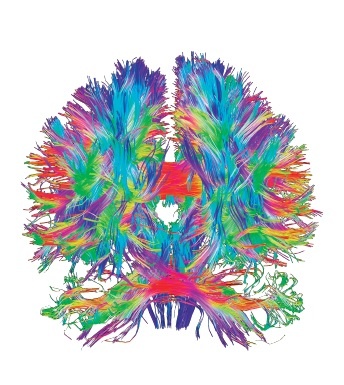Suggestions and Feedback? Email us at krembil.centre@camh.ca
The Krembil Centre for Neuroinformatics at CAMH || Looking for more? Email us at krembil.centre@camh.ca
Organized by KCNI's Program Manager, Cindy Khuu, Administrator, Jessica Jue, and Post-Doctoral Fellow, Frank Mazza.
Overview
Content Tools



